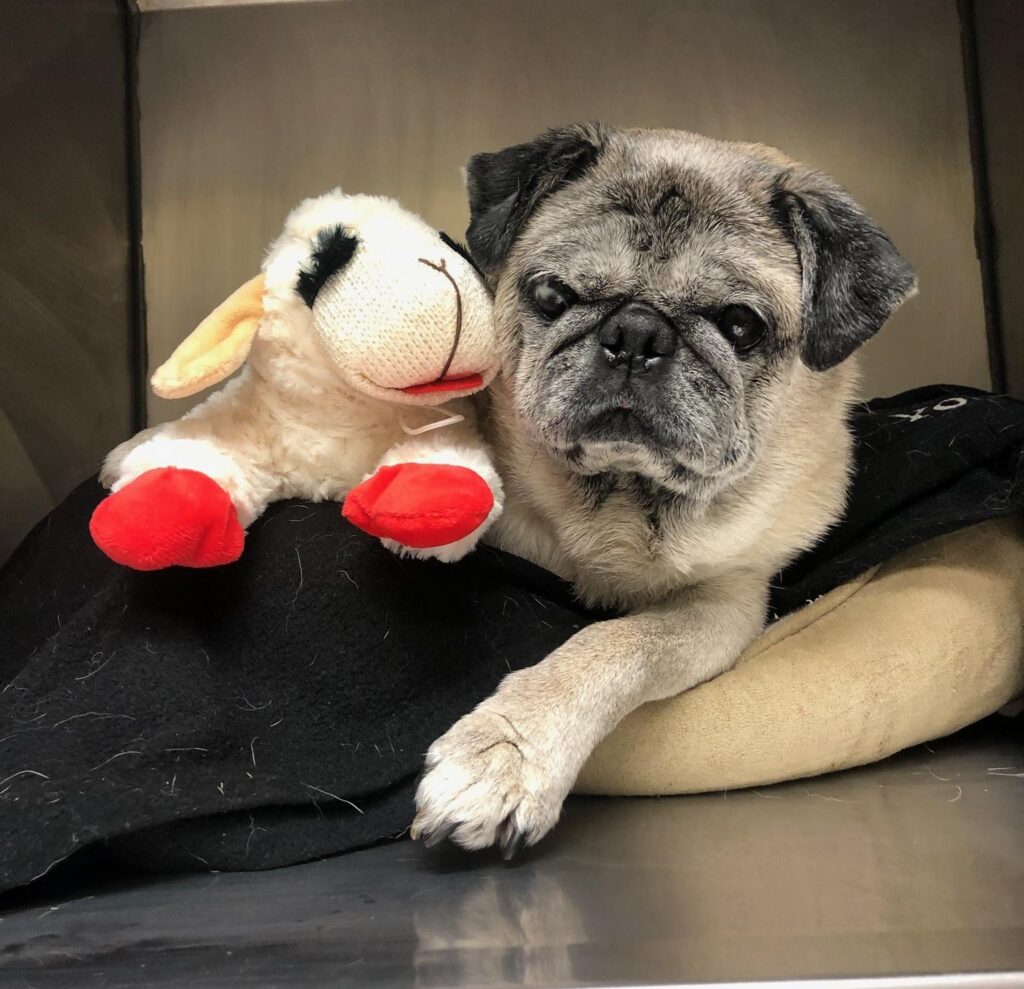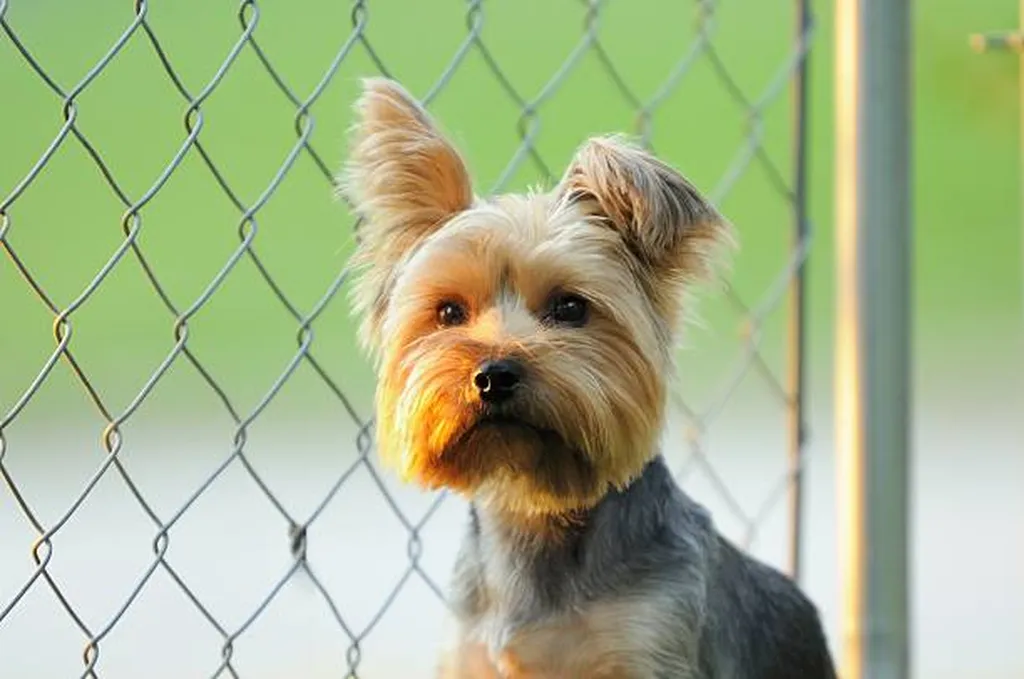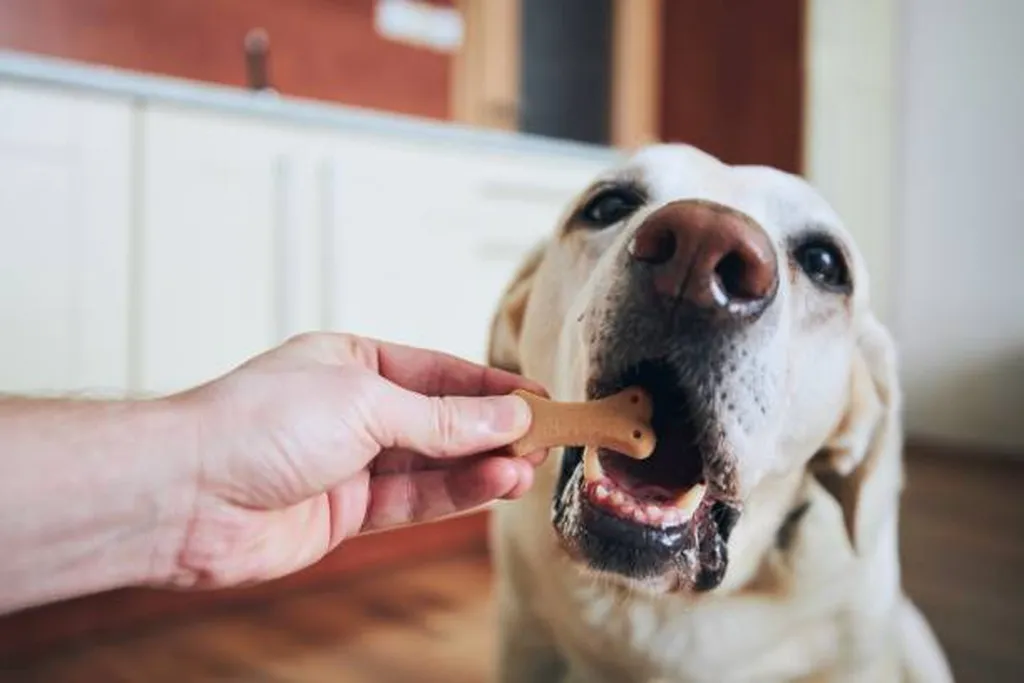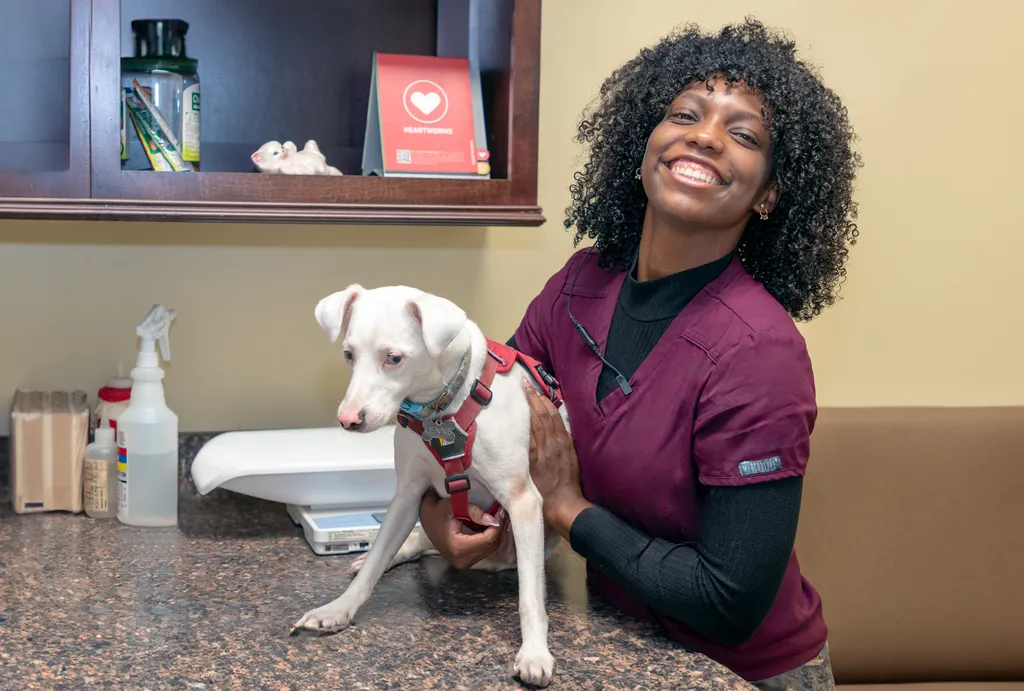Spring dreams often include creating a backyard paradise or the most enviable, bountiful garden in the neighborhood. And, in accomplishing these tasks we often enlist the help of lawn and garden chemicals, which, unfortunately, are some of the most common pet poisons.
From pesticides to compost, our yards can present a plethora of pet risks when we are not aware of toxicity and accidental poison emergencies ensue.
10 Common Pet Poisons Lurking in the Yard
To keep your yard both lovely and pet-safe, practice poison prevention and gain a greater awareness of these toxins.
- Mulches – Although most of us use mulch around newly planted trees and shrubs, what we use may put a pet at risk. Mulches often include cocoa bean shells, which contain the poisonous substances, theobromine and caffeine. Be sure of what you’re buying and please err on the side of caution.
- Toxic trees, shrubs, and plants – The list of potentially poisonous plants is long, but some of the more popular plants of the region include oleander, sago palm, and mountain laurel, all of which can harm your pet. Do your research before buying.
- Automobile chemicals – You may know that antifreeze or coolant can be deadly, but did you know that brake fluid and windshield wiper fluids, gasoline, and most car additives can also pose a hazard? Stow all auto chemicals in a cabinet, clean up spills, and keep your engine leak-free.
- Soil additives – Many soil amenders include the toxic (and tasty) ingredients, blood meal and/or bone meal. Avoid these products by checking the label carefully.
- Pesticides – Pesticides containing disulfoton, often used on roses, are extremely toxic (and often appealing to dogs because of the taste). Whenever in doubt, keep your dog away from yards or lawns that have been chemically treated or those with rose bushes. For your own yard, choose a natural, pet-safe product.
- Mushrooms or fungi – Virtually all mushrooms are toxic to pets – and, while we generally don’t see a lot of errant fungi in our region, keep an eye out for these after a rain or in areas of the yard that remain damp.
- Rat and mouse poisons – Rodent poison can cause internal hemorrhaging, respiratory failure, and any number of painful symptoms leading to death. These poisons can bring the same harm to any species, wildlife or domestic. Opt for humane trap-and-release traps instead.
- Slug and snail baits – Baits using the chemical metaldehyde can cause tremors, seizure, and even death if ingested. While there are brands that use a different, safer chemical compound, we recommend avoiding these baits altogether.
- Batteries – Car and other batteries contain a highly toxic cocktail of ingredients. Store old batteries in a pet-proof cabinet or dispose of them appropriately.
- Citronella candles and strips – While not particularly toxic, citronella based candles often appeal to dogs because of their scent and can cause stomach cramping and diarrhea if eaten.
Although there are numerous dangers lurking in the garage, garden, and yard, keeping your pet free from poisoning risk simply takes some awareness and caution. Whenever you are in doubt about a chemical or product, assume it is toxic and either get rid of it or stow it somewhere out of your pet’s reach.
You are also welcome to call the team at Oak Forest Veterinary Hospital with any questions about pet toxins.



